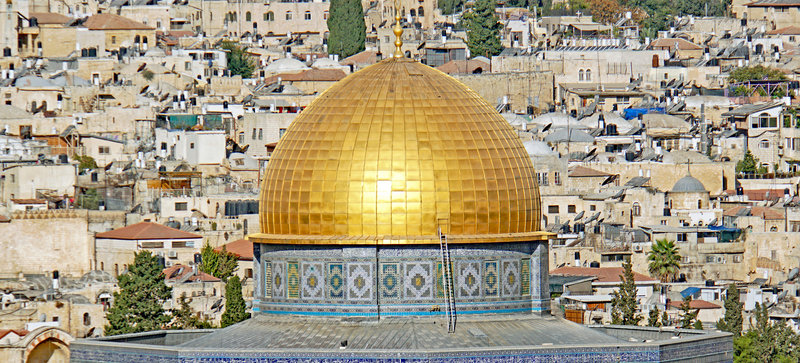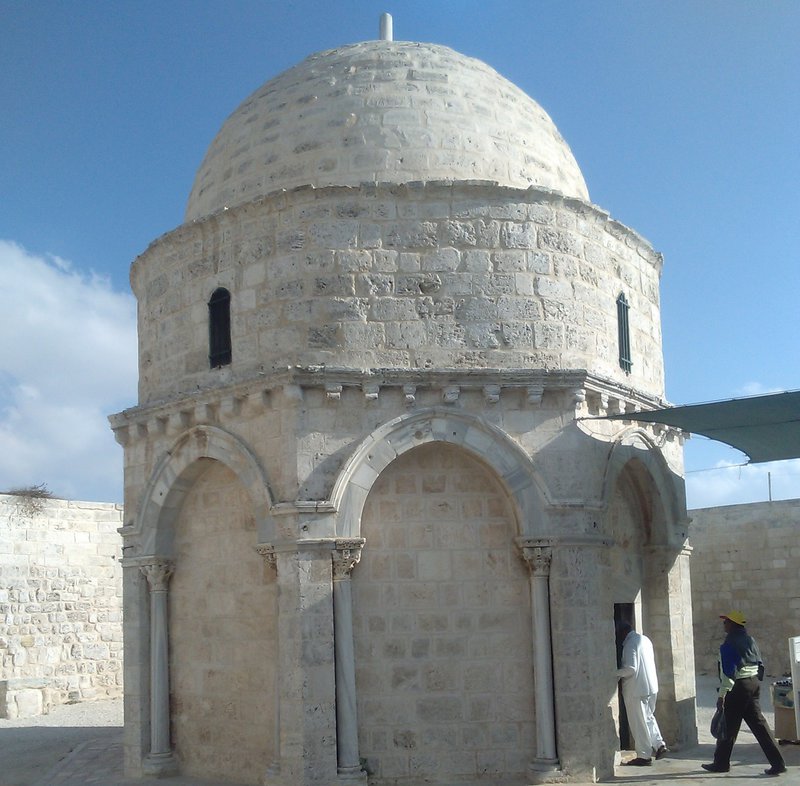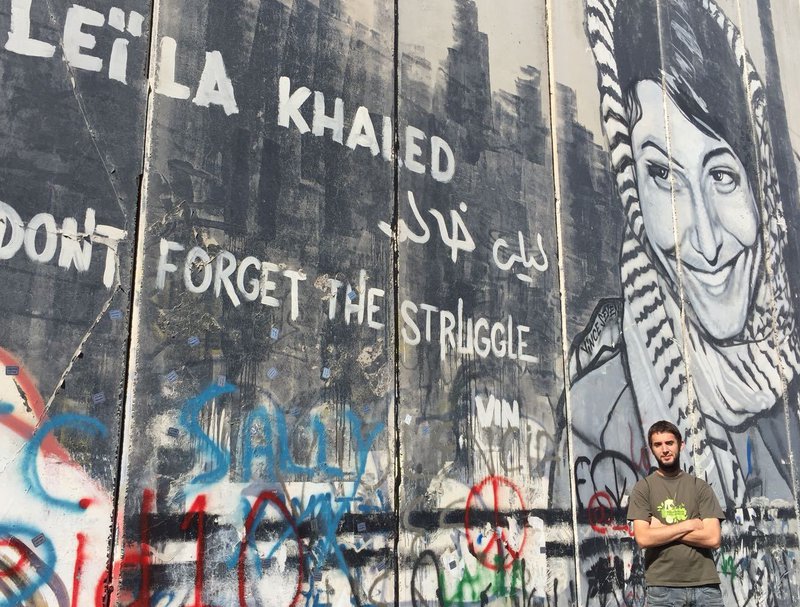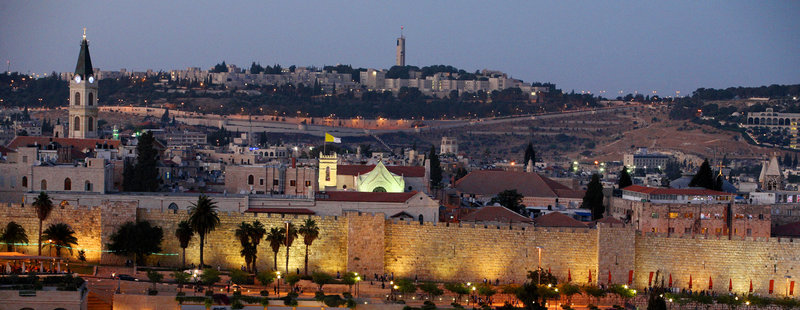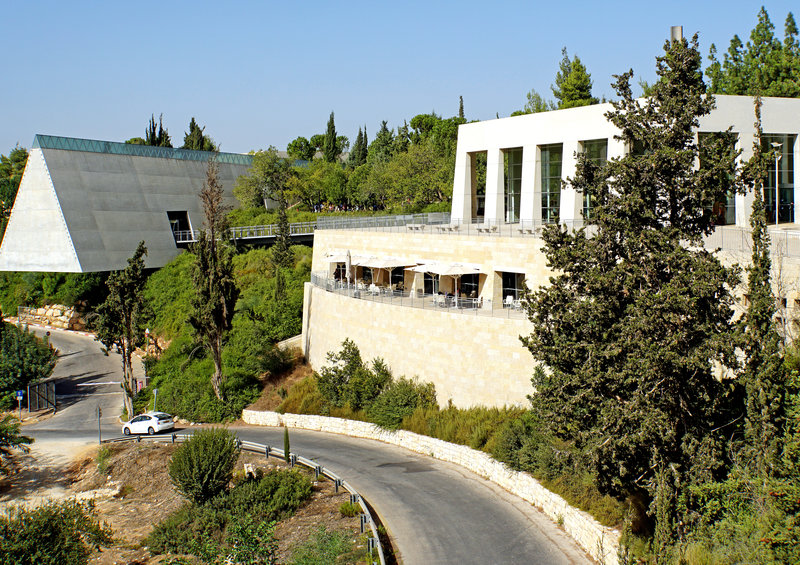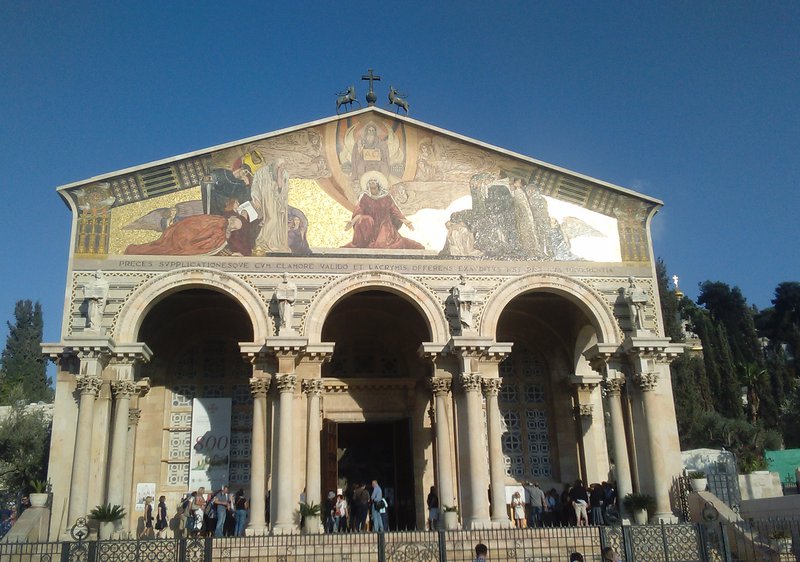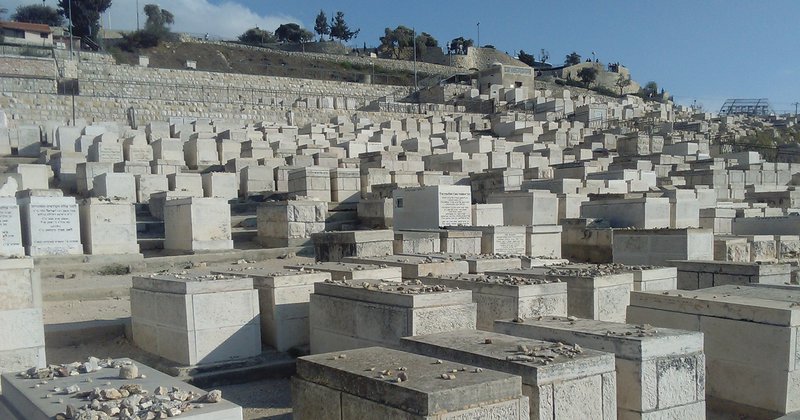DAVID GINEBRA DOMINGO
is from Catllar (Tarragonès) but has been living in Jerusalem since last October. He teaches Catalan language at the Hebrew University of Jerusalem
Eastern way of life
From a very personal perspective, the best thing is that everybody here is politicalisedSo when you meet with friends you don’t talk about football, you talk about the conflict
Why did you leave Catalonia?
Spending spend some time in a different country while teaching the Catalan language at university level looked attractive to me. So both the experience of living abroad and the professional opportunity were important when taking this decision.
Why did you choose Jerusalem?
Among the cities where I could go, Jerusalem is probably one of the most different ones, and this is something very positive from my point of view. Firstly, because it is not a European city with all of their western way of life. Secondly, because it is a city full of history, in which three different religions have built up. And thirdly, because it is at the very heart of the Israeli-Palestinian conflict, which is something I wanted to witness.
How long have you lived there?
Only a few months. I arrived on mid-October, a week before the academic year started. University here starts after the Jewish New Year, which takes place in late September or early October.
Are you happy with the job opportunities you found in your adoptive country?
I already arrived with a job position, so I don’t know if there are better opportunities.
What do you think is the best thing about living in Jerusalem?
From a very personal perspective, the best thing is that everybody here is politicalised. So when you meet with friends you don’t talk about football, you talk about the conflict. It helps that internationals hang out more easily with other internationals and most of them are either journalists, aid workers or diplomats, three different profiles that interact differently with the political situation but that are tied to it.
What do you consider the highlights for any brief visit for the first time?
The Old City, of course, is a must, since its narrow streets are unique and make you feel what living behind city walls. Moreover, the Temple Mount and the Western Wall, both places that are highly relevant for Islam and Judaism, but which are also interesting for their beauty and solemnity. Outside the Old City the Museum of the Holocaust is also a compulsory visit.
And if visitors have more time or make a return visit?
Then it depends on the interests of the visitors. If they are more religious-oriented there is a huge list of holy places to visit: the Church of the Holy Sepulchre, the Tomb of Mary or the Mount of Olives. If they are more politically-oriented it is possible to take an alternative tour through East Jerusalem to see what living conditions are like where settlements are built and how the wall divides the city. Finally, if they are more culture-oriented, there are many interesting museums, like the Israel Museum, the Bloomfield Science Museum or the Underground Prisoners Museum.
What do you miss most from home?
Undoubtedly, fuet [a type of cured sausage]! Neither Arabs nor Jews eat pork (for religious reasons), so it’s hard to find any pork products. Also the Pyrenees, beautiful mountains still to discover, especially on winter. And of course my family and friends.
Do you plan to go back to Catalonia?
At some point probably yes, but I would say I’ve just arrived so it’s hard trying to answer this question right now!
SOME SUGGESTIONS:
1. Can you recommend a place to have lunch with friends? Burgers Bar is the place to go for a really tasty burger. But no cheese is allowed, since the kitchen is koscher!
2. Where would you have a special dinner for two? Azzahra Restaurant is a place with relaxing environment and good palestinian and international food.
3. When is the best time of year to plan a visit? Definately not on summer, since it is very hot. And it would also be great to avoid tourists, but I'm afraid in Jerusalem this is not possible in any part of the year.
4. What is the best kept secret about the area? The place where Jesus was buried! Nobody knows, although there are several hypothesis, which are surprisingly strongly defended by each strand of opinion.

